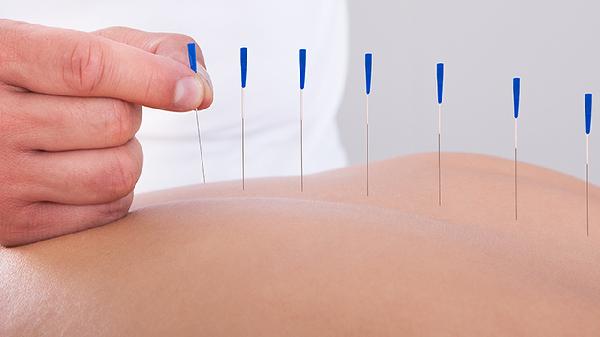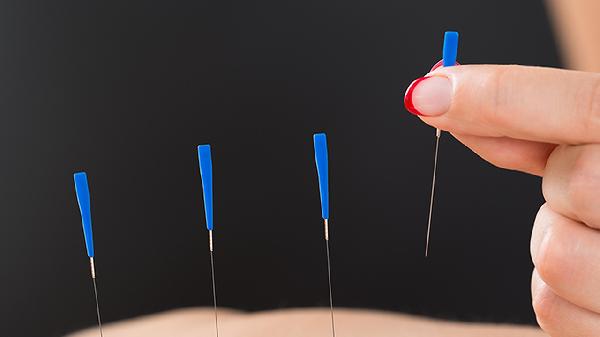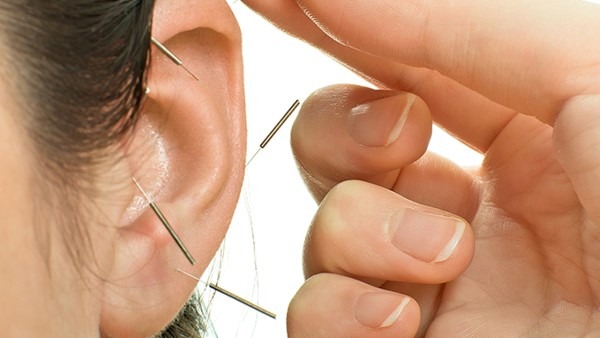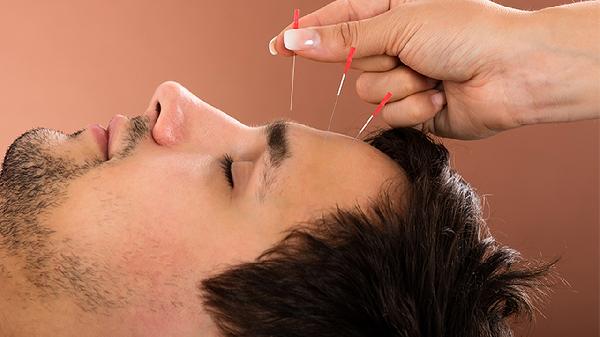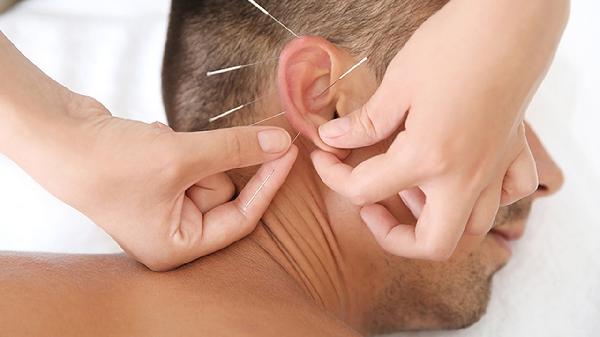Yes, acupuncture can effectively ease migraines for many individuals by reducing the frequency, intensity, and duration of headaches. This ancient Chinese practice involves inserting thin needles into specific points on the body to stimulate nerve pathways, improve blood flow, and promote natural pain relief. Research and clinical studies have shown promising results, making acupuncture a viable complementary therapy for migraine sufferers.

How Acupuncture Works for Migraines
Acupuncture targets specific points on the body, known as acupoints, which are believed to influence the nervous system and release endorphins, the body’s natural painkillers. By stimulating these points, acupuncture helps regulate blood flow to the brain, reduce inflammation, and alleviate muscle tension, all of which are common triggers for migraines. Additionally, acupuncture may modulate serotonin levels, a neurotransmitter linked to migraine development.
Scientific Evidence Supporting Acupuncture
Numerous studies have demonstrated the efficacy of acupuncture in managing migraines. A meta-analysis published in the Journal of the American Medical Association (JAMA) found that acupuncture significantly reduced the frequency of migraine attacks compared to sham acupuncture or no treatment. Another study in Headache: The Journal of Head and Face Pain reported that patients who received acupuncture experienced fewer migraine days and less severe pain compared to those who received standard care alone. These findings suggest that acupuncture is a safe and effective option for migraine relief.
What to Expect During an Acupuncture Session
During an acupuncture session, a licensed practitioner will assess your medical history and migraine patterns to determine the most effective treatment plan. The practitioner will then insert sterile, hair-thin needles into specific acupoints, often located on the head, neck, shoulders, and hands. The process is generally painless, with most patients reporting a sense of relaxation during the session. A typical session lasts between 20 to 40 minutes, and multiple sessions may be required to achieve optimal results.
Potential Benefits of Acupuncture for Migraines
Acupuncture offers several benefits for migraine sufferers. It can reduce the frequency and severity of migraines, decrease reliance on pain medications, and improve overall quality of life. Unlike some medications, acupuncture has minimal side effects, making it a suitable option for individuals who cannot tolerate pharmaceutical treatments. Additionally, acupuncture addresses the root causes of migraines, such as stress and tension, rather than merely masking symptoms.
Who Can Benefit from Acupuncture?
Acupuncture is particularly beneficial for individuals who experience chronic migraines or have not found relief through conventional treatments. It is also a great option for those seeking a holistic approach to managing their condition. However, it is essential to consult with a healthcare provider before starting acupuncture, especially if you have underlying health conditions or are pregnant.
Tips for Maximizing the Benefits of Acupuncture
To get the most out of acupuncture, it is important to choose a qualified and experienced practitioner. Look for someone who is licensed and certified by a reputable organization, such as the National Certification Commission for Acupuncture and Oriental Medicine (NCCAOM). Additionally, maintain open communication with your practitioner about your symptoms and treatment goals. Combining acupuncture with other lifestyle changes, such as stress management, regular exercise, and a balanced diet, can further enhance its effectiveness.
Potential Risks and Considerations
While acupuncture is generally safe, there are some risks to be aware of. Minor side effects, such as bruising, soreness, or dizziness, may occur after a session. In rare cases, improper needle insertion can lead to infections or organ injury. To minimize risks, ensure that your practitioner uses sterile needles and follows proper hygiene protocols. If you have a bleeding disorder or are taking blood thinners, inform your practitioner beforehand.
Integrating Acupuncture into Your Migraine Management Plan
Acupuncture is most effective when used as part of a comprehensive migraine management plan. This may include medications, lifestyle modifications, and other therapies, such as biofeedback or cognitive-behavioral therapy. By addressing both the physical and emotional aspects of migraines, acupuncture can help you achieve long-term relief and improve your overall well-being.
The Bottom Line
Acupuncture is a proven, natural therapy that can significantly reduce the frequency and severity of migraines for many individuals. Its ability to address the root causes of pain, combined with minimal side effects, makes it an attractive option for those seeking alternative or complementary treatments. If you are struggling with migraines, consider exploring acupuncture as part of your holistic health journey. Always consult with a healthcare professional to determine the best approach for your unique needs. Remember, managing migraines is not just about alleviating pain but also about improving your quality of life and overall health.
